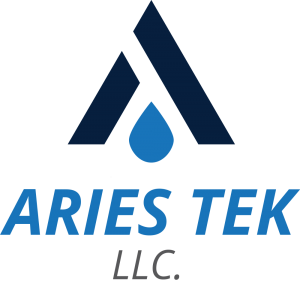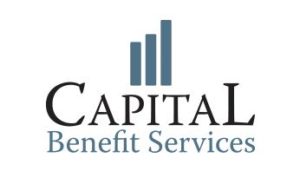Since March under the first shutdown, and all through the summer and fall you all have done an excellent job of stepping up to the challenge of a year full of pandemic ups-and-downs, following all the rules thrown at us to keep our employees and customers safe as you slowly reopened your doors. Many of you have even stepped up to support struggling nonprofits in your local communities, front line workers risking their safety and health while battling the virus, and our restaurant and hospitality workers and businesses through heartwarming and generous efforts of financial and marketing kindness. In a year that has thrown everything at us, I could not be prouder of the WA wine industry and every WWI member.
Now faced with a new shutdown of indoor service to hopefully stop the rapid spread of COVID in our communities, we are asked once again to do our part. This new set of closures not only for wineries, but for restaurants and all hospitality industries, is a huge blow for our own on-premise sales channels and the vitally important restaurant sales channel many WA wineries count on to stay open.
In response to the new indoor service closures for wineries, restaurants, and hospitality sector industries, we coordinated with our colleagues in these industries and this week sent a letter to the entire Washington State Legislature asking them for their help NOW and during the 2021 session. We are receiving positive responses from Legislators already, and we will continue to aggressively advocate for financial and operational relief as well as foundational ask of “do no harm” to the WA wine industry when you convene in January 2021. You can read the letter we sent here
Contact Your Legislators
We encourage every WWI member to contact their legislators and educate your Senator and two State House Representatives on what these new set of indoor service restrictions will mean for your winery and your wine crew, especially as we enter the holiday seasons. Here are some ideas on how to approach a message to your elected officials:
- Identify your name and your winery’s name
- Describe how these new restrictions are impacting your winery and wine crew including any difficult staffing and other decisions you are being forced to make.
- Include how you are pivoting to stay open or at a minimum continue to try and make wine sales during the new indoor service shutdown
- Ask for their support of your winery by supporting the asks the Washington Wine Institute is making to them now and will continue up-to-and-throughout the 2021 legislative session
You can find your state elected official contact information by going to the state district finder located here.
November 18 Indoor Service Temporary Closure Q&A
How long will this new set of restrictions last?
The restrictions are set in place for a minimum of four weeks, which is a 12/14/2020 date for the calendar. Whether the restrictions
What are my sales options under this new four week set of operating restrictions?
All the sales options you utilized during the first shutdown in March are available. To-go, curbside sales, and ?
Can I allow customers inside the tasting room to make purchases and pick up wine club or online purchases?
YES. A customer may enter your tasting room to purchase wine and/or pick up wine club or online purchased wine. If curbside sales are a reasonable option, we always recommend setting up as safe an experience as possible for a customer to purchase your wine. Overall please continue to go above and beyond in following proper social distancing guidelines and keep both employees and customers safe.
Can I allow customers using my outdoor service space access to my restrooms inside my winery?
Yes. If you are still operating on premise service via outdoor tents or other structures, your restrooms must be accessible as is required by our state and county food code rules.
What are the Outdoor dining guidelines for tents and other structures?
You can view the full guidance here.
The Washington State Wine Commission to create a thorough list of captured questions and answers from March-current and many of the questions you may be asking are likely answered in this Q&A. Please click here to view the most current Q&A list.
Adding or Extending Outdoor Service/Tenting Webinar:
You can find info on adding or extending outdoor service areas, here.
Last week, the WA Hospitality Association hosted a webinar on outdoor seating guidance and tenting. You can view the replay, here.
Unemployment FAQs for Employers and Employees:
WA unemployment resources for employers can be found here.
WA unemployment resources for employees can be found here.
Mental Health Resources:
This is a lot and we all may not take the time we need to focus on our own mental health and/or the mental health of our winery crew. Resources for crisis support and advice on self-care can be found here.
Hospitality Employee Relief Resources:
Information on grants and relief efforts for hospitality workers impacted by COVID-19, here
 Member Login
Member Login



